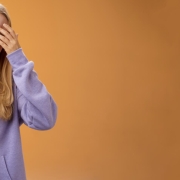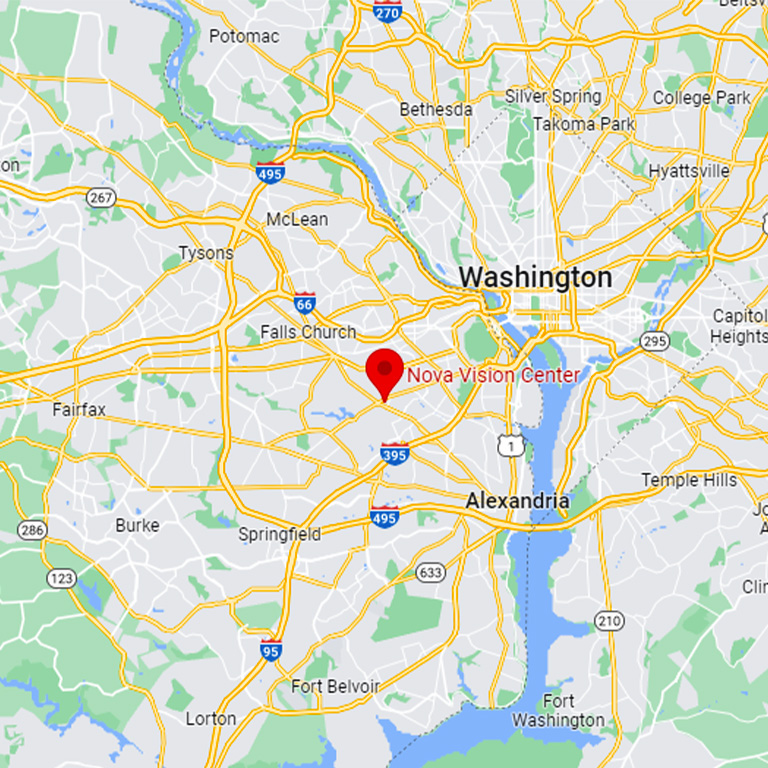How Can I Tell If I Have Glaucoma?
Glaucoma is a serious condition that can do permanent damage to your eyesight. Knowing what glaucoma is and how to tell if you have glaucoma can help you take care of your eyes and maintain your vision.
Your eye doctor in Falls Church, VA can help. At Nova Vision Center, our professionals can help diagnose and treat glaucoma before it becomes serious. Here’s what you need to know.
What Is Glaucoma?
Glaucoma is a condition that causes damage to the optic nerve, usually due to a buildup of pressure inside the eye. Once damage has been done to the optic nerve, it’s irreversible. If the damage is severe, it may cause blindness.
What Are the Symptoms of Glaucoma?
There are different types of glaucoma and thus different symptoms to watch for. Some types of glaucoma don’t even have recognizable symptoms until some damage has already been done to the patient’s eyesight. Here are some of the symptoms:
- Headaches
- Eye pressure
- Low vision
- Blurry vision
- Halos around lights
- Tunnel vision
- Blind spots
- Red eyes
How Can I Tell If I Have Glaucoma?
Although you may be able to tell that something is wrong with your eyes or vision, symptoms of glaucoma may be very subtle or may look like symptoms of other conditions.
The most reliable way to find out that you have glaucoma is to get tested by an eye doctor. Your eye doctor can give you a comprehensive eye exam to determine if you have glaucoma in Falls Church, VA. At Nova Vision Center, we perform comprehensive eye exams for our patients.




